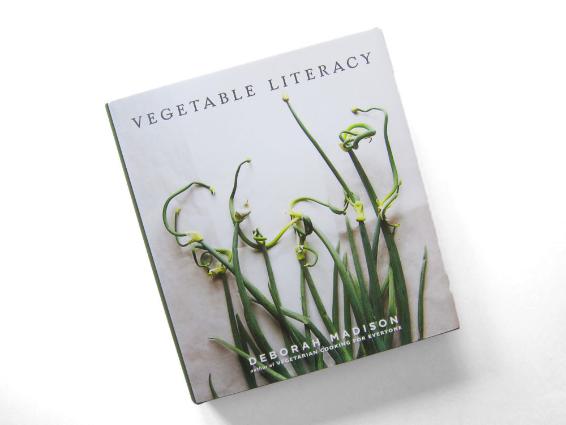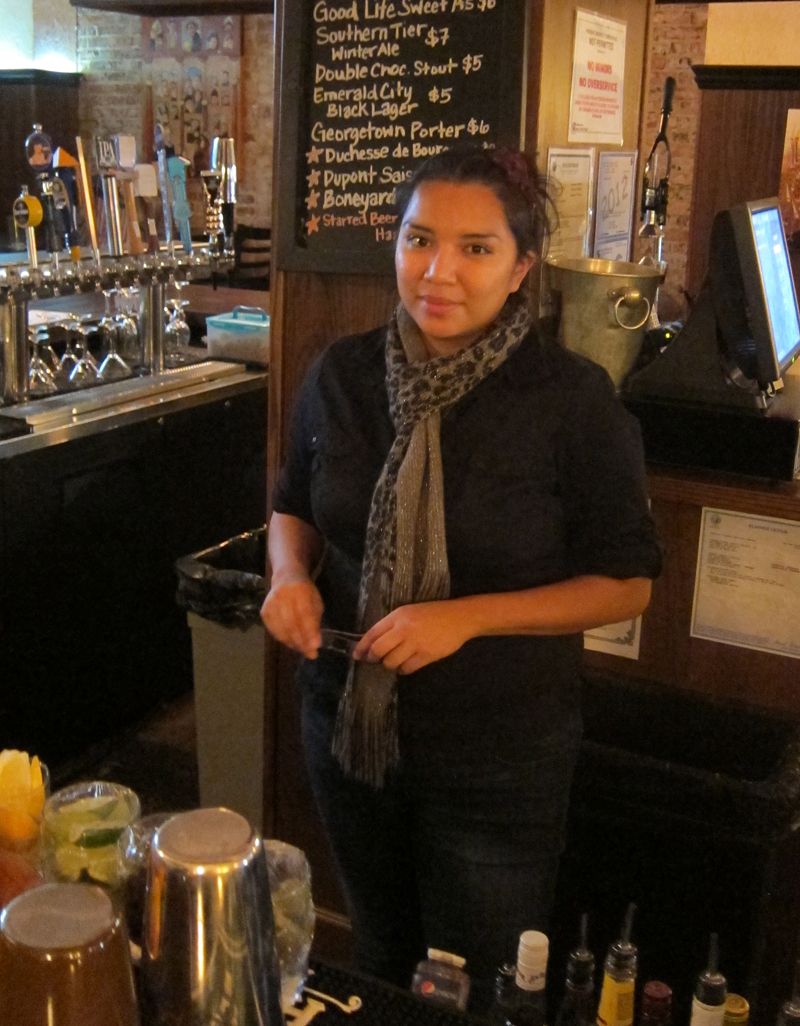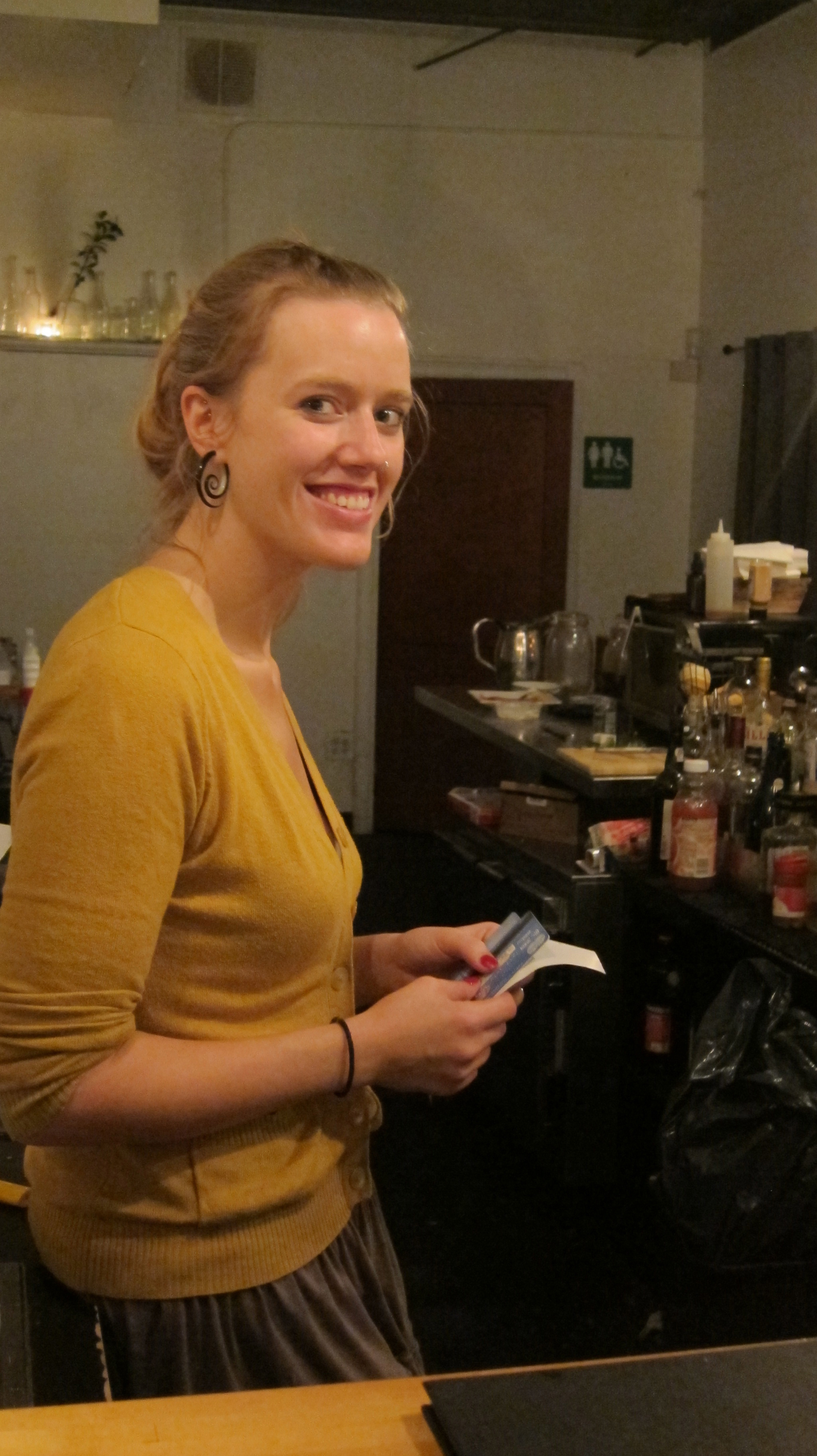Hard cider is becoming more and more popular on bar and restaurant menus around Seattle. If you’re ci-curious, you can sample over 50 ciders being poured this weekend at the second annual Cider Summit NW. There will be producers from Washington, Oregon, California, Michigan, British Columbia, England, and France, sampling their ciders and selling bottles to go. The UK consumes the most cider in the world, and produces some of the most popular cider brands like Strongbow, Aspall, and Samuel Smith, among others. Washington state is famous for its apple orchards and now boasts several artisanal cideries around the state as well. This weekend kicks off Washington Cider Week, where you can find other cider-centric events at bars and restaurants around the state. Most ciders are made from cider apples, not the Granny Smith, Honeycrisp, or other dessert and cooking apples displayed in supermarkets and farm stands. Cider apples have a higher sugar content, which encourages fermentation. They are also grown from seed, whereas other apples are grown by grafting, a technique that takes part of a stem that includes the leaf buds of the desired tree, and inserts it into another tree. Remember the classic tale of Johnny Appleseed spreading apple trees throughout the Midwest by planting apple seeds? Appleseed wasn’t bringing fresh fruit to the frontier–he was planting apple trees for making hard cider. At Finnriver Cidery in Chimacum, just outside of Port Townsend, owners Keith and Chrystie Kisler bought the farm–an unfortunate, but apt term–eight years ago. They started a u-pick blueberry operation, which Chrystie admits is “a great way to get a community to love you. Everyone loves blueberries.” They now have 33 acres, growing everything from dwarf cider-apple trees to 2,000 blueberry bushes. Along with their business and farming partners, they now grow multiple varieties of hops and have chickens, pigs, goats, ducks, and sheep. And they make cider. Apple cider, blueberry cider, pear cider, even a dry-hopped cider. I recently visited Finnriver cidery and had the opportunity to taste a number of the ciders, as well as wander the farm. Chrystie is a former English teacher with a natural talent for sharing her knowledge and educating hungry minds, in addition to feeding hungry mouths. Pathways lead visitors from the tasting room past the hop vines to the chicken coops and down to a restored creekbed. Interpretive signs describe the history of the land, the crops, and the work that Finnriver has done to maintain their organic and sustainable farm. Finnriver’s product line includes ciders made from blends of cider and dessert apples like Pinova, Granny Smith, and Braeburn. They also blend some with blueberries, pears, or blackcurrants. And they make liqueurs from fruits like blueberry, blackcurrant, pears, and apples, and just got label approval for a red huckleberry wine. They use a methode champenoise for producing one of the ciders, which is more labor-intensive. The cider receives its second fermentation in the bottle and is hand-riddled on racks to remove the sediment.The methode champenoise cider will be among the many ciders Finnriver is sampling at Saturday’s Cider Summit. They will also have samples of their dry-hopped cider, a fine example of what happens when beer-loving farmers planted hops at the Finnriver farm. The crisp, dry cider gets a dose of earthy grassiness from the hops that even the most ardent beer fan can appreciate. Who knows, it may even make you a cider lover.Follow Voracious on Twitter and Facebook.
More Stories From This Author
For 50 years, Zeke’s off US 2 has served delicious burgers
It’s been a popular pit stop in Gold Bar for skiers and hikers, and the same family still runs it.
By
Evan Thompson • June 6, 2019 11:05 am
With ‘Game of Thrones’ ending, it’s time for a proper feast
How to make a meal inspired by the Lannisters’ and Starks’ world, fit for the King in the North.
By
Ben Watanabe • May 15, 2019 1:30 am
Stash Box: 2016-2019
Time to roll one for the road …
By
Meagan Angus • February 26, 2019 3:15 pm







